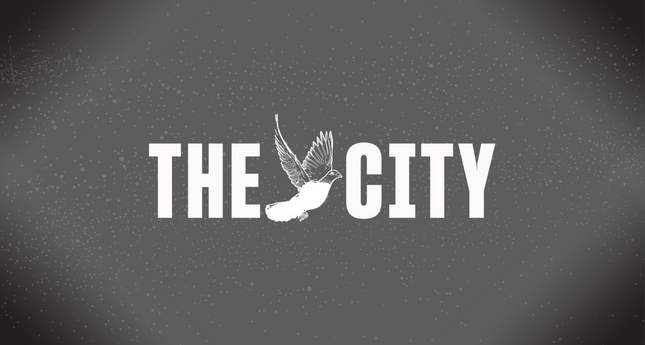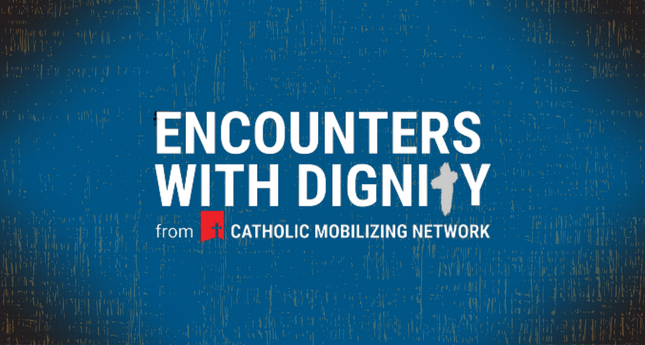NY Amsterdam News: New report identifies blindspots in victims of violent crime compensation

Earlier this month, nonprofit Common Justice released a report delineating barriers victims face when applying for compensation from New York State after a violent crime. This research coincides with a New York State Senate bill currently in the works aimed to expand access to the fund by eliminating mandated reporting to law enforcement and alternative methods of submitting evidence to prove a crime was committed.
According to the report, roughly 70,000 violent crimes were recorded in 2019. But only around 11,000 claims were filed with the Office of Victim Services (OVS) that year and just 6,140 applicants were compensated in the 2018-19 fiscal year. To be clear, not every victim is qualified for disbursement. The fund is a last resort, reserved for out-of-pocket emergency expenses from the crime that aren’t covered by insurance or worker’s compensation, including medical bills, loss of wages and damaged property. But Common Justice believes eligible victims, especially those from marginalized communities, aren’t applying because of the forced interactions with law enforcement.
“We know survivors have really legitimate reasons to not want to speak to police—survivors of domestic violence may feel that engaging law enforcement will increase the likelihood that they will sustain greater harm in our homes,” said Danielle Sered, executive director of Common Justice. “People who have experienced community violence may believe that engaging law enforcement increases the likelihood that they’ll experience retaliatory violence, and that they know that the police will be unable to protect them from that violence. People who are not full citizens may be concerned that putting themselves on the radar of law enforcement could ultimately compromise their status in this country and their ability to stay with and connected to their families.”
Sered is confident Senate Bill S7573A will change things. Sponsored by State Sen. Zellnor Myrie and State Rep. Demond Meeks, the legislation would allow victims to access compensation if they come forward to non-police channels like therapists or hospital providers. For those who do report to law enforcement, the bill would give them more time to reach out. This can be especially helpful for the families of deceased victims applying for compensation.
“No one ever prepares to be assaulted or attacked or [experience] their child being murdered or things of that nature,” said activist Oresa Napper-Williams, who lost her son Andrell in 2006. “Preparing for it isn’t the norm. Children usually outlive their parents.”
While police reports are the main source of documentation, OVS also accepts forensic rape examination, orders of protection and reports made to child or adult services for compensation claims. Napper-Williams believes going through such “official” channels would be easier with the passing of S7573A.
But what about the barriers during the claim process? Roddel West was loaned $15,000 from a friend to pay for temporary dental implants after losing six teeth from an attack. The ex-marine thought the claim process would be a breeze, but soon ran into problems with the application. He pored over it meticulously for days, all the while compiling medical receipt after medical receipt. One misticked box and his initial application was denied. According to him, OVS has asked for the same documentation numerous times. West was attacked in 2018. He’s still waiting for his money.
“I still have a pending case,” said West. “Now they’re asking for a new form from my insurance company. At least they’re asking for a new piece of paper. On the other hand, I’m bracing myself for them to ask me for that form about 10 to 15 more times.”
OVS says it examines all cases “through a lens most favorable to the victim.” However, there’s significant red tape to prevent ineligible applicants from gaming the system. To help navigate the bureaucracy, OVS funds programs to assist victims with filing claims. Ironically, one of those programs is Common Justice, who sent someone to assist West with his application.
“One key reason we fund programs statewide [is] to raise awareness of the agency and help victims of crime and their families with filing compensation claims,” said OVS spokesperson Janine Kava in a statement. “More than 80% of claims are submitted through OVS-funded programs, which also provide ongoing support with the claim and direct services: therapy, support groups, case management, emergency shelter, civil legal assistance, accompaniment to court, and transportation, among others.”
For those who do receive compensation from OVS, the money can be life-changing. One uninsured victim got $14,000 to pay for her medical bills after reporting the sexual abuse she experienced. Another victim received a track-
and-pulley system in her apartment after she was paralyzed from a gunshot. And an Indingeous mother could cover her daughter’s funeral expenses thanks to OVS after the money from the Seneca Nation wasn’t enough.
But those still in application limbo view the organization less fondly. West knows that he might not literally own a million-dollar smile, but his bright grin cost him quite the fortune. He flashes it regardless, as a bittersweet attempt to overcome his financial anxieties.
“If I wouldn’t have known about this program, I would have just had no teeth…instead of owing someone $15,000, and struggling to pay them back on top of the bills that were piling up because I was missing work,” said West. “The promise of assistance put me in a worse financial decision.”


